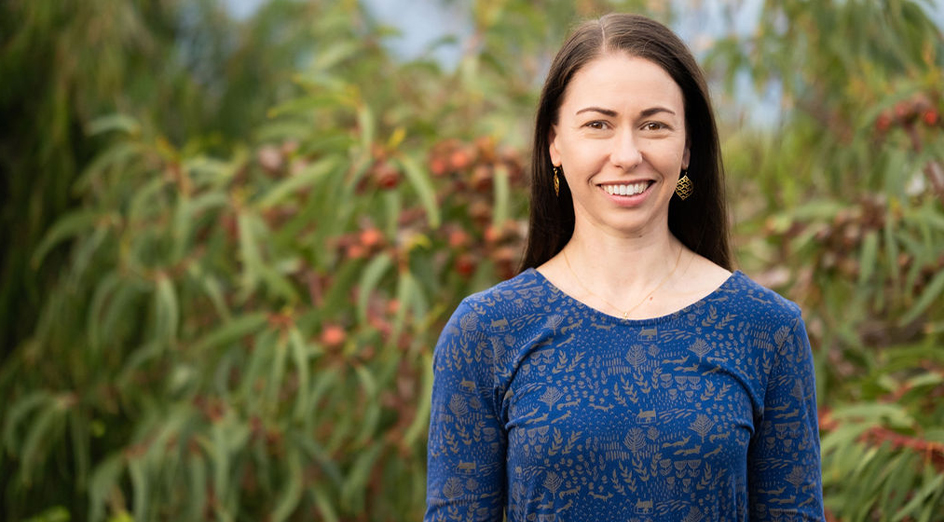A study by The University of Western Australia has found disparities in cancer screenings for Aboriginal and Torres Strait Islander people in the Northern Territory.
Researchers from the Western Australian Centre for Rural Health (WACRH) at UWA, Northern Territory Health and The University of Queensland interviewed 50 staff from 15 health services, for the study published in the International Journal of Environmental Research and Public Health.
 Image: Lead researcher Emma Taylor.
Image: Lead researcher Emma Taylor.
Lead researcher Emma Taylor, from UWA’s School of Allied Health and WACRH, said cancer screening by remote and very remote primary health care clinics in the NT varied. While some performed well, for others it was a lower priority compared to other conditions due to lack of funding and resources.
“Understanding the perspectives of healthcare providers gives valuable insights into ways to improve screening participation and address disparities in cancer outcomes,” Ms Taylor said.
“Primary healthcare providers in the NT are essential to improve outcomes for the Aboriginal population, however they are hampered by lack of funding and resources, high workloads and staff turnover.”
The findings suggested system-level improvements were required to improve cancer screening reach and frequency, including increased funding and staffing, transport to screening services, and education for primary healthcare staff on the incidence of cancer in Aboriginal communities.
“Having appropriate funding and additional staff could increase cancer screening in adult health checks and support primary clinics to work with local communities to co-design targeted programs and culturally relevant education activities,” Ms Taylor said.
“Addressing these issues is vital for primary healthcare clinics to address the existing cancer screening gaps and to enable the Federal Government to meet its pledge to be the country in the world to eliminate cervical cancer by 2035.
“The implementation of the National Lung Cancer Screening Program in 2025 also presents an opportunity to deliver greater benefits to Aboriginal communities.”






